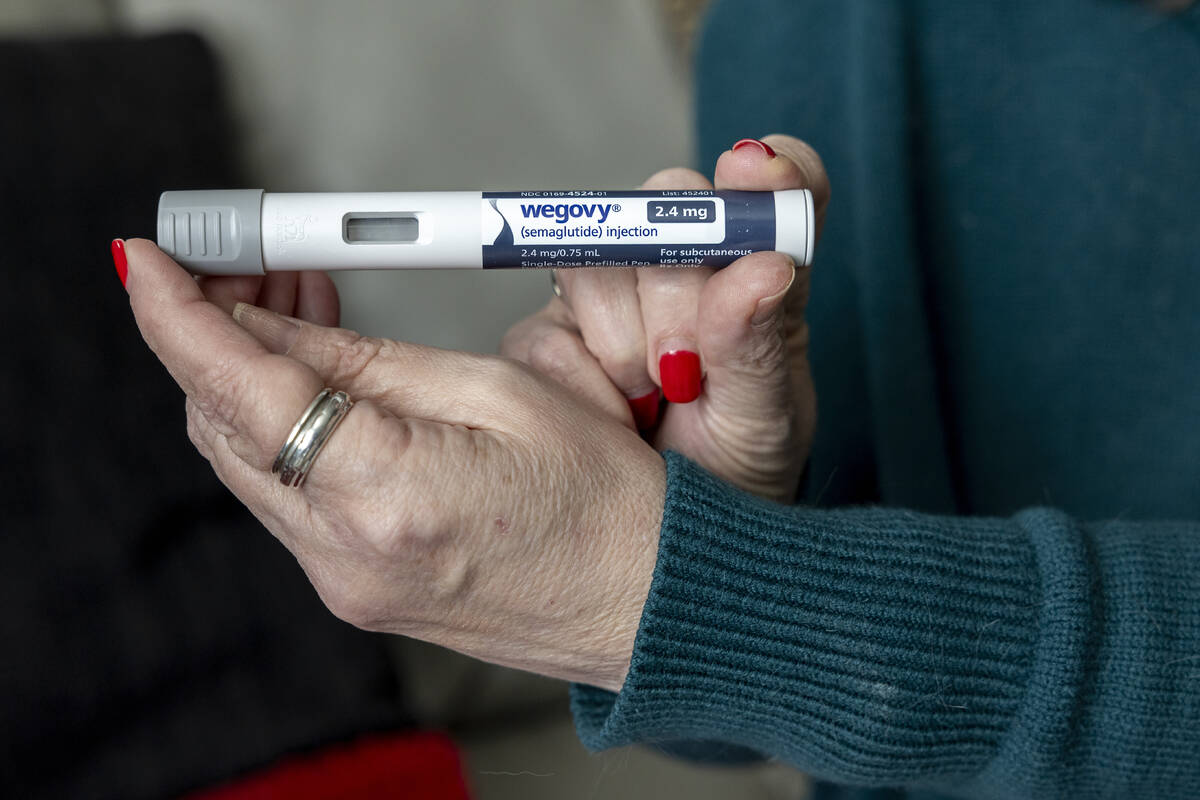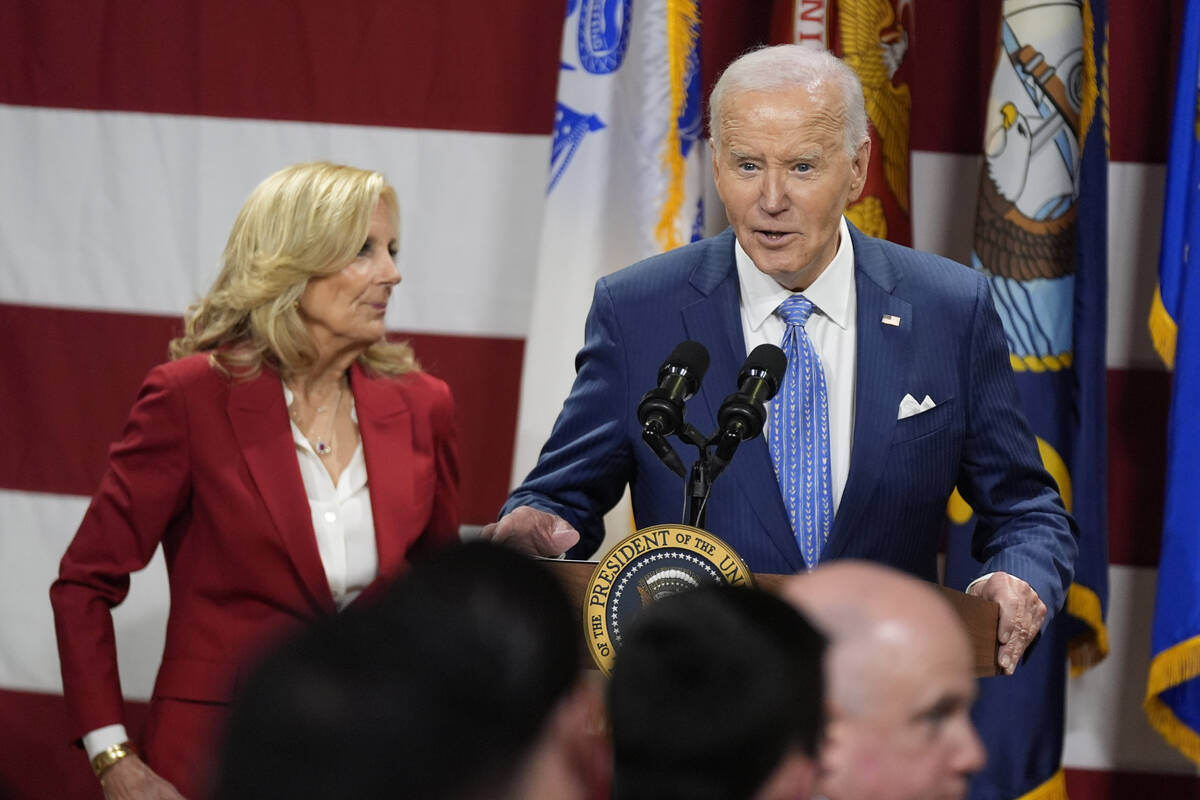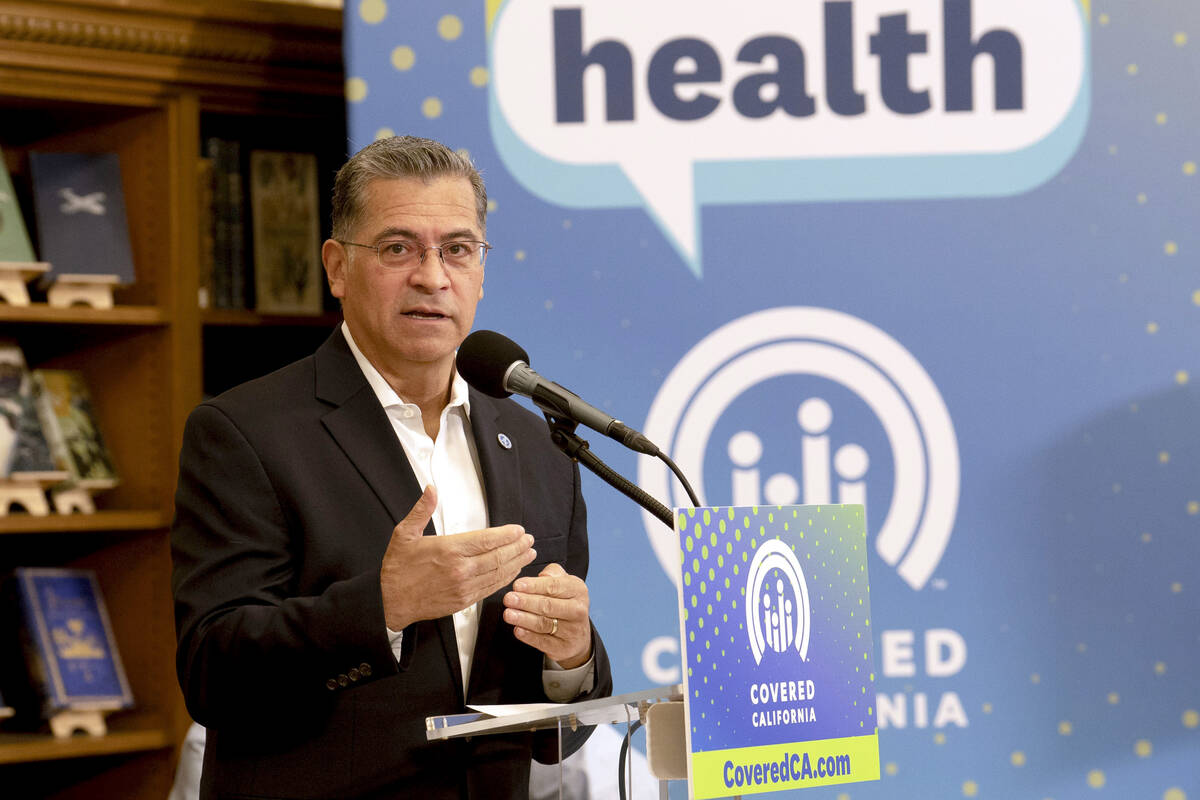Biden proposes Medicare and Medicaid cover costly weight-loss drugs
WASHINGTON — Millions of Americans with obesity would be eligible to have popular weight-loss drugs like Wegovy or Zepbound covered by Medicare or Medicaid under a new rule the Biden administration proposed Tuesday morning.
The costly proposal from the U.S. Department of Health and Human Services immediately sets the stage for a showdown between the powerful pharmaceutical industry and Robert F. Kennedy Jr., an outspoken opponent of the weight-loss drugs who, as President-elect Donald Trump’s nominee to lead the agency, could block the measure.
While the rule would give millions of people access to weekly injectables that have helped people shed pounds so quickly that some have labeled them miracle drugs, it would cost taxpayers as much as $35 billion over the next decade.
“It’s a good day for anyone who suffers from obesity,” U.S. Health and Human Services Secretary Xavier Becerra told The Associated Press in an interview. “It’s a game changer for Americans who can’t afford these drugs otherwise.”
The rule would not be finalized until January, days after Trump takes office. A bipartisan coalition of congressional members has lobbied for the drugs to be covered by Medicare, saying it could save the government from spending billions of dollars on treating chronic ailments that stem from obesity. While it’s unclear where Trump himself stands on coverage of the weight-loss drugs, his allies and Cabinet picks who have vowed to cut government spending could balk at the upfront price tag.
Under the proposal, only those who are considered obese — someone who has a body mass index of 30 or higher — would qualify for coverage. Some people may already get coverage of the drugs through Medicare or Medicaid, if they have diabetes or are at risk for stroke or heart disease.
Becerra estimated that an additional 3.5 million people on Medicare and 4 million on Medicaid could qualify for coverage of the drugs. But research suggests far more people might qualify, with the Centers for Medicare and Medicaid Services estimating roughly 28 million people on Medicaid are considered obese.
Medicare has been barred from offering the drugs under a decades-old law that prohibits the government-backed insurance program from covering weight-loss products. The rule proposed by the Biden administration, however, would recognize obesity as a disease that can be treated with the help of the drugs.
The anti-obesity drug market has expanded significantly in recent years, with the Food and Drug Administration approving a new class of weekly injectables like Novo Nordisk’s Wegovy and Eli Lilly’s Zepbound to treat obesity.
People can lose as much as 15% to 25% of their body weight on the drugs, which imitate the hormones that regulate appetites by communicating fullness between the gut and brain when people eat.
The cost of the drugs has largely limited them to the wealthy, including celebrities who boast of their benefits. A monthly supply of Wegovy rings up at $1,300 and Zepbound will put you out $1,000. Shortages of the drugs have also limited the supplies.
Kennedy, who as Trump’s nominee for HHS secretary is subject to Senate confirmation, has railed against the drugs’ popularity. In speeches and on social media, he’s said the U.S. should not cover the drugs through Medicaid or Medicare. Instead, he supports a broad expansion of coverage for healthier foods and gym memberships.
“For half the price of Ozempic, we could purchase regeneratively raised, organic food for every American, three meals a day and a gym membership, for every obese American,” Kennedy said to a group of federal lawmakers during a roundtable earlier this year. Ozempic is a diabetes drug that can stimulate weight loss.
























